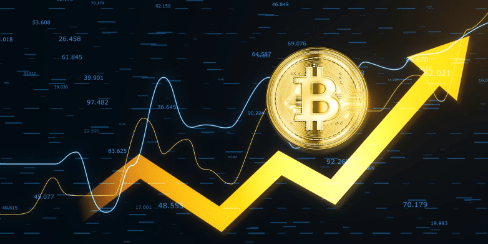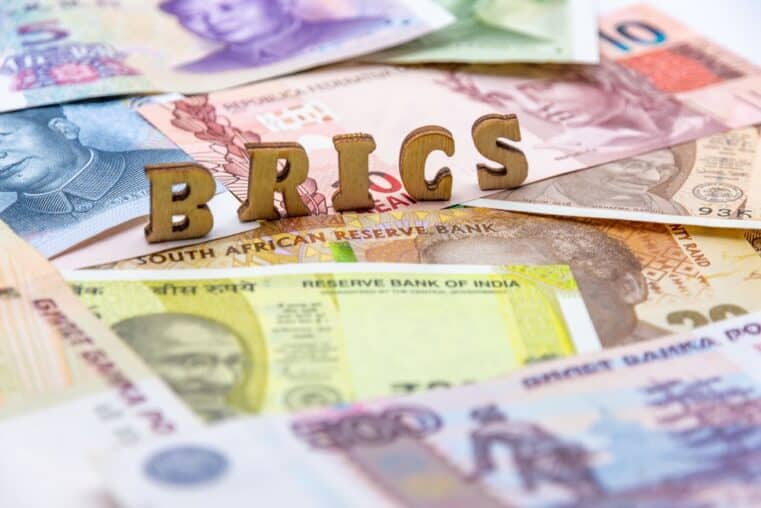
BRICS vs. USA: The Great Bitcoin Race of 2025
The global financial chessboard is shifting, and Bitcoin has emerged as the king everyone wants to claim. With the cryptocurrency reaching six-figure prices and institutional adoption on the rise, the stakes couldn’t be higher. The question is no longer if nations will integrate Bitcoin into their economic strategies—it’s how soon.
On one side, the BRICS coalition—Brazil, Russia, India, China, and South Africa—is looking to cement its status as a financial powerhouse. On the other, the United States, spurred by Donald Trump’s return to the White House, is positioning itself as a crypto capital. This looming showdown could determine not just the future of Bitcoin but the entire global financial order.
Analysis: What’s Driving the Bitcoin Arms Race?
Bitcoin’s allure lies in its decentralized nature. As Vladimir Putin astutely pointed out, “Who can prohibit it? No one.” This feature makes Bitcoin particularly attractive to nations weary of Western sanctions and centralized financial manipulation. Earlier this year, Russia loosened its ban on cryptocurrency and classified it as property. The move isn’t just symbolic; it signals BRICS’ intent to use Bitcoin for trade, bypassing the dollar-dominated system.
Meanwhile, the United States is undergoing a crypto renaissance of its own. Eric Trump, speaking on behalf of the incoming administration, emphasized the need for “sensible regulation” to make America the “crypto capital of the world.” With the launch of Bitcoin-based ETFs and growing institutional interest, the US is inching closer to mainstream adoption.
But the motivations go deeper than economics. For BRICS, embracing Bitcoin is a geopolitical strategy—a way to challenge US financial dominance. For America, it’s a fight to maintain its status as the world’s financial leader.
Solutions and Predictions: Who Has the Edge?
While the BRICS nations have a unified vision of using Bitcoin to decouple from Western financial hegemony, the US has a significant advantage: market trust. Despite years of overreach, the dollar remains a global benchmark. If the Trump administration can implement crypto-friendly regulations, the US could maintain its edge.
However, the decentralized ethos of Bitcoin might favor BRICS. Putin’s skepticism of foreign exchange reserves highlights a growing realization: centralized assets are liabilities in a politically polarized world. By integrating Bitcoin into trade and foreign reserves, BRICS could sidestep sanctions and redefine the global economic order.
What does this mean for the average investor? It’s clear that Bitcoin will continue to rise in prominence as nations vie for control. The asset class is no longer the domain of tech-savvy libertarians; it’s a geopolitical weapon.
Call to Action: Prepare for the Crypto Power Shift
The battle for Bitcoin supremacy is more than a headline—it’s a harbinger of financial transformation. If you’re still on the sidelines, now is the time to act.
Download my free guide, “Seven Steps to Protect Your Bank Accounts,” and learn how to safeguard your assets in an uncertain world: Click here to download.
For deeper insights into this financial revolution, grab a discounted hardcover copy of “The End of Banking as You Know It” by Bill Brocius: Order here for $19.95.
The race is on, and the stakes are monumental. Are you ready to take your place in the new financial order?











